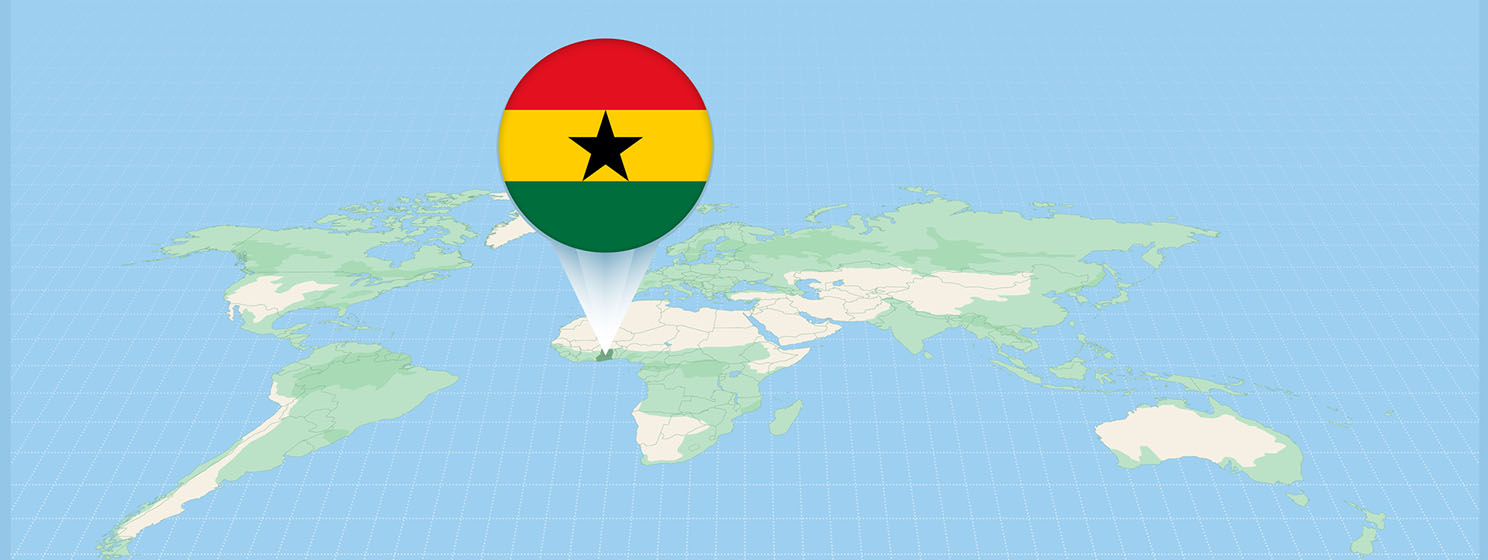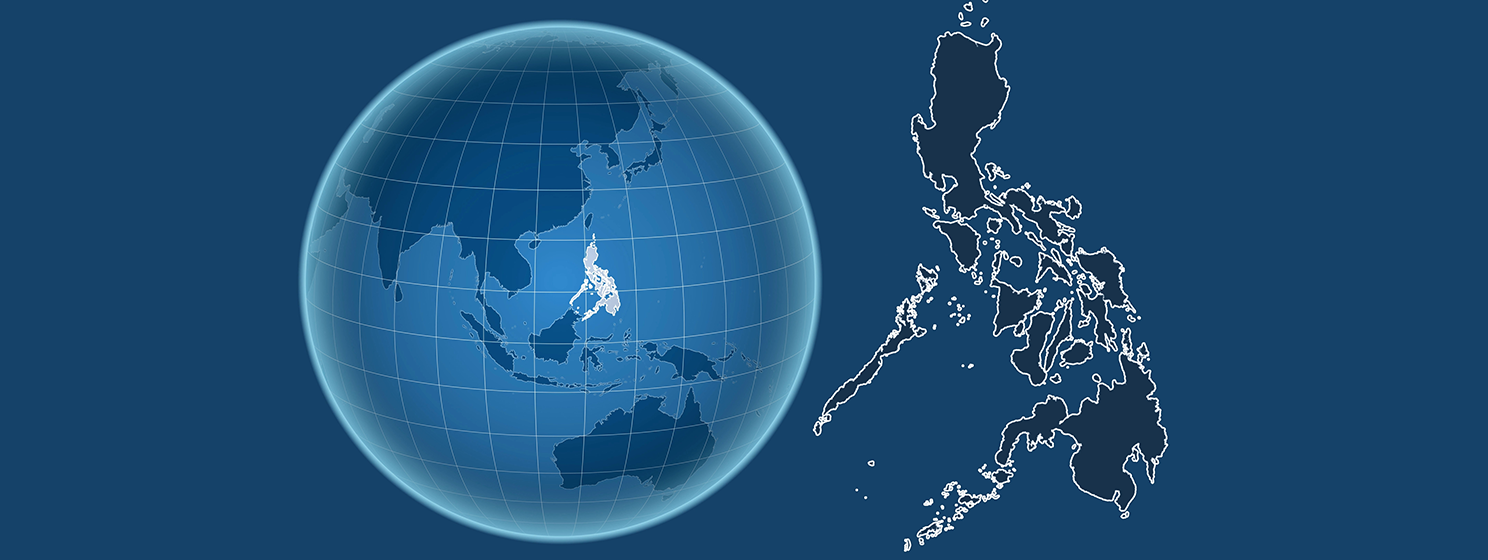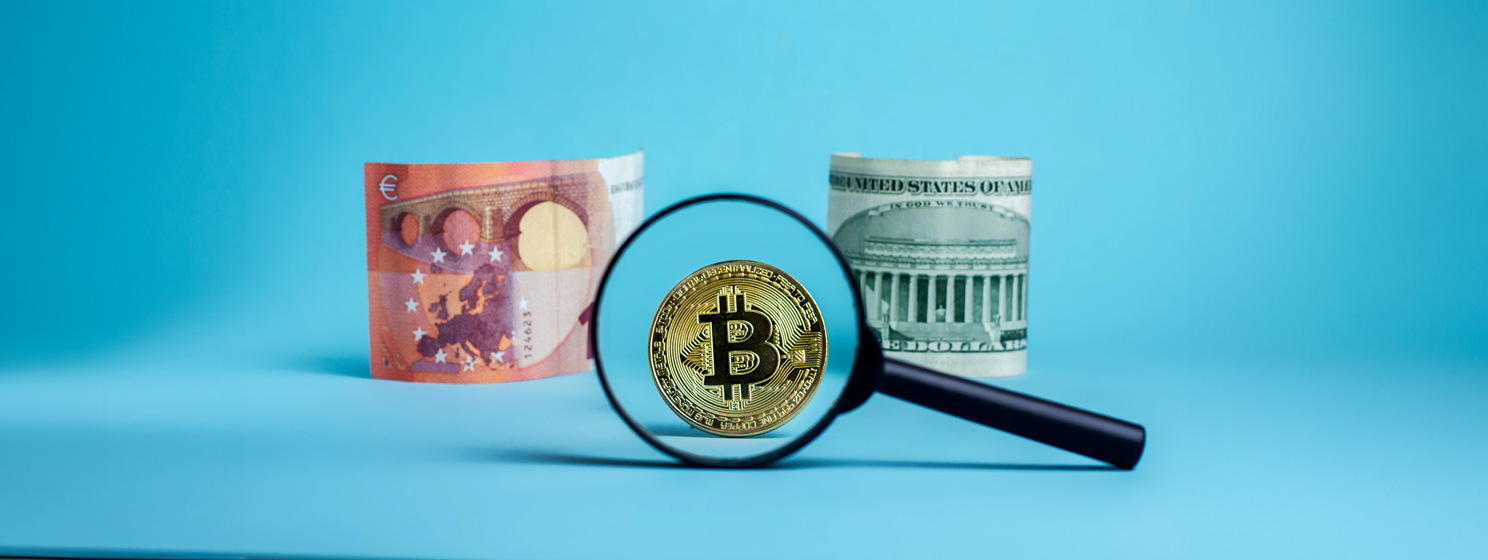|
Getting your Trinity Audio player ready...
|
Ghana is developing a new regulatory framework for the digital asset sector as adoption in cross-border transfers and speculative trading surges.
The Bank of Ghana is finalizing the new policy proposal and will submit it to parliament by the end of August, Governor Johnson Asiama told Bloomberg on July 24. It includes a new licensing policy for VASPs and taxation measures for one of the continent’s fastest-growing digital asset markets.
Asiama says the new framework will enable Ghana to capitalize on digital assets to boost the economy, boost cross-border transfers, and allow authorities to collect financial data.
Additionally, it will boost the funding opportunities for local companies, allowing them to attract strategic investment from investors in Africa and beyond. In 2024, African blockchain startups raised $123 million, a report by CV VC revealed. Their share of the venture capital deals nearly doubled to 13%, outperforming other sectors like finance and tech.
Ghana is “late in the game,” says Asiama, noting that millions of Ghanaians have already been using digital assets in speculative trading and cross-border transfers. However, due to a lack of oversight, this volume isn’t captured on the country’s financial accounts. Left unchecked, the sector could have far-reaching implications on the local currency, he added.
In neighboring Nigeria, digital assets have been blamed for the naira’s depreciation over the past three years. The government cracked down on the sector for allegedly allowing Nigerians to bypass formal channels and acquire USD-pegged stablecoins at black market rates. The crackdown culminated in the shutdown of offshore exchanges and an $81.5 billion lawsuit against Binance for allegedly orchestrating a “sophisticated heist” against the Nigerian economy.But while the naira has lost over 70% of its value in the past three years, Ghana’s cedi has been on an uptrend, gaining nearly 50% in the past year, which was the best performance globally.
According to one report, over 3 million Ghanaians own digital assets, translating to over 17% of the adult population. This ranks the country higher than Singapore, the U.S., Germany, the U.K., and Japan for adoption.
The report further revealed that in the year ending June 2024, Ghanaians transacted over $3 billion.
“We do recognize that there’s some activity happening. Our goal for this whole process is to put safeguards and rails around it,” commented Kwame Oppong, the central bank’s head of fintech and innovation.
Ghana is following the growing list of African countries making strides in digital currency regulation. In Kenya, lawmakers are debating the VASP Bill, which would be the most comprehensive framework for digital assets in the region, and have already approved five joint watchdogs for the industry. Nigerian president Bola Tinubu signed a bill in April that recognizes digital assets as law, and it’s already attracting global players.
Watch: Tech redefines how things are done—Africa is here for it

 02-28-2026
02-28-2026 




